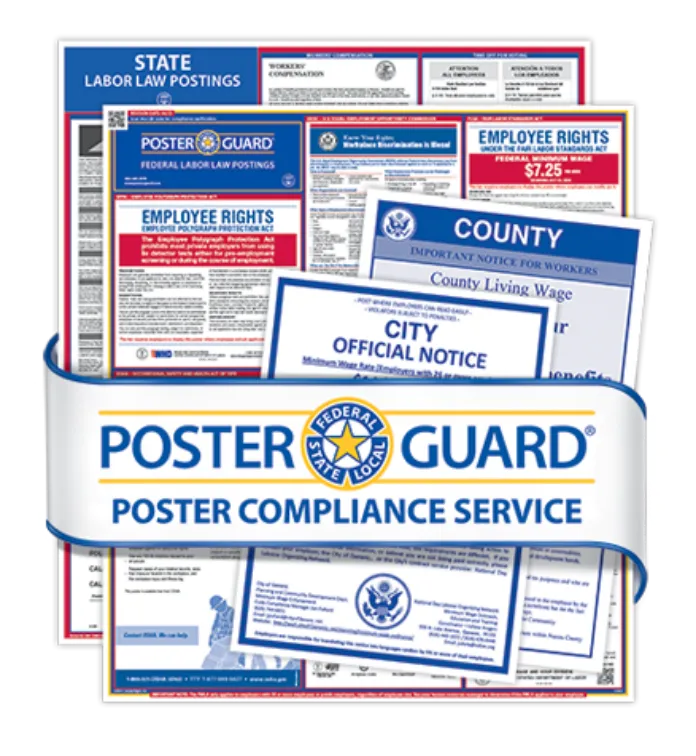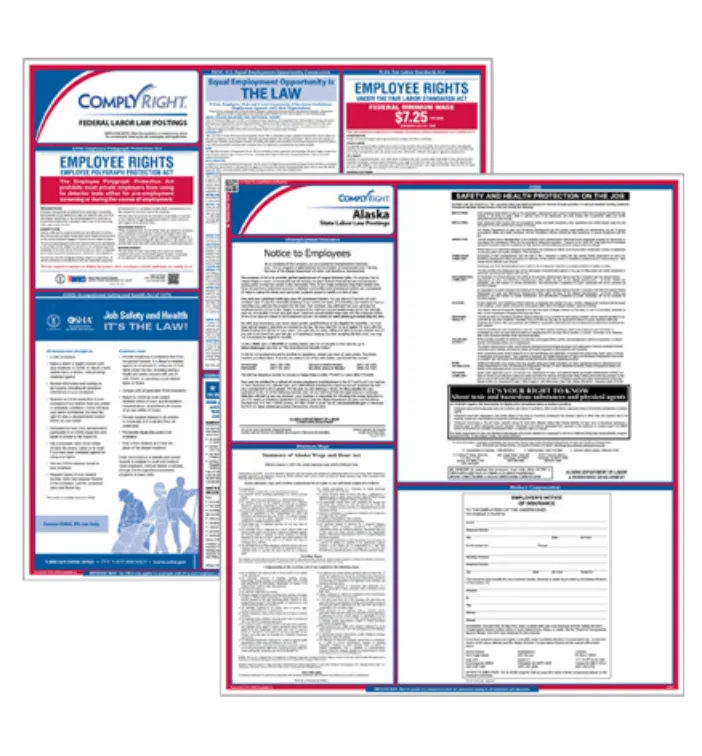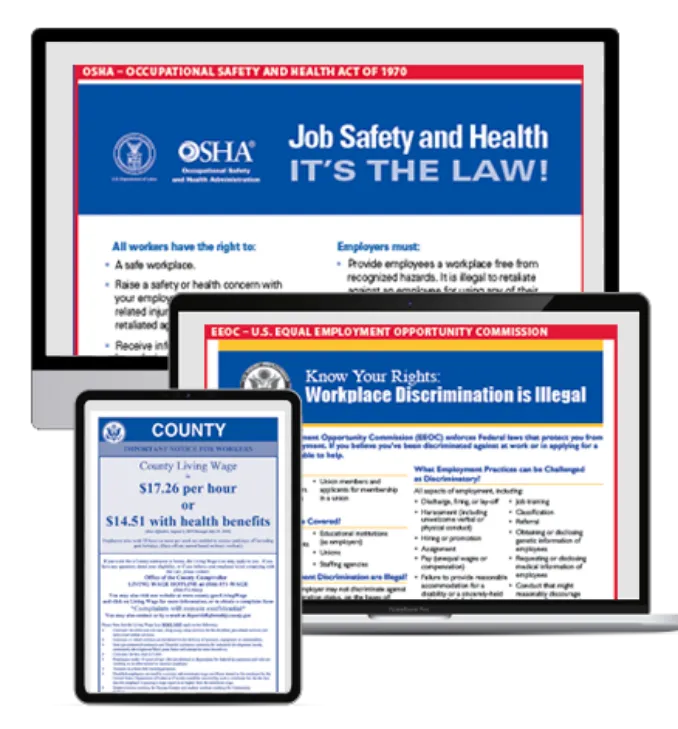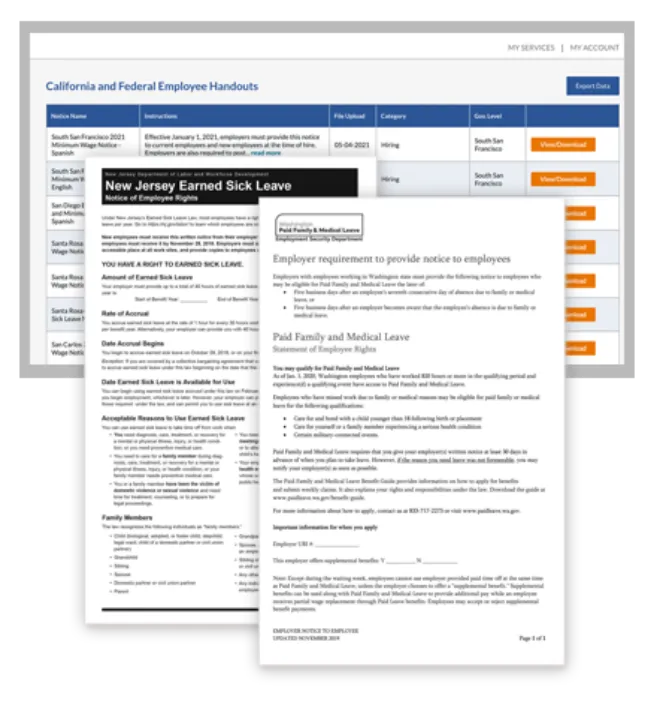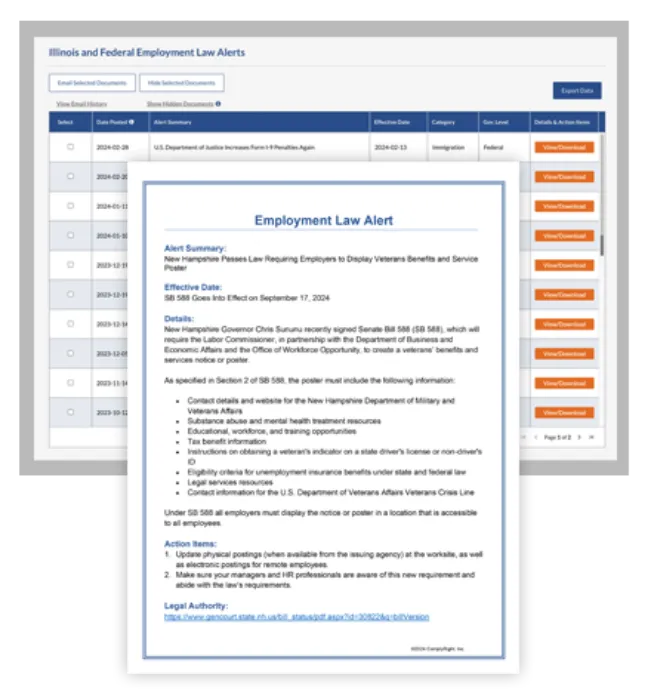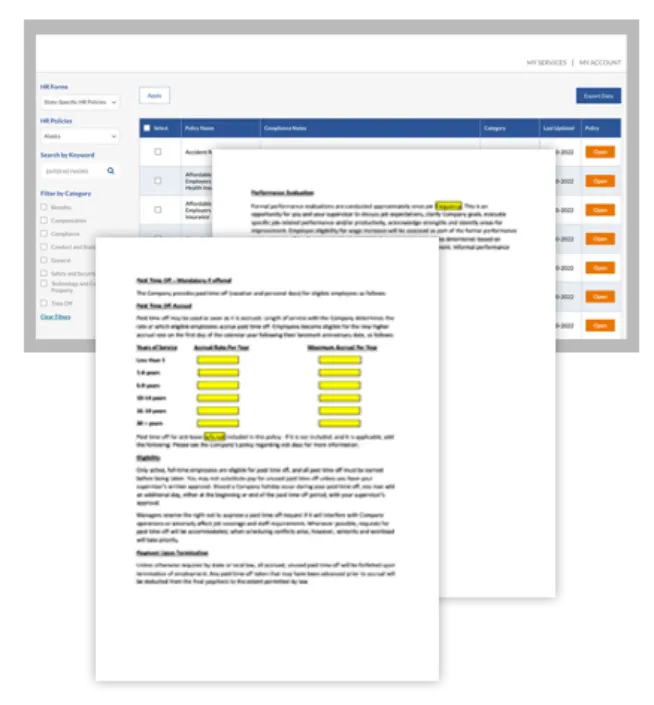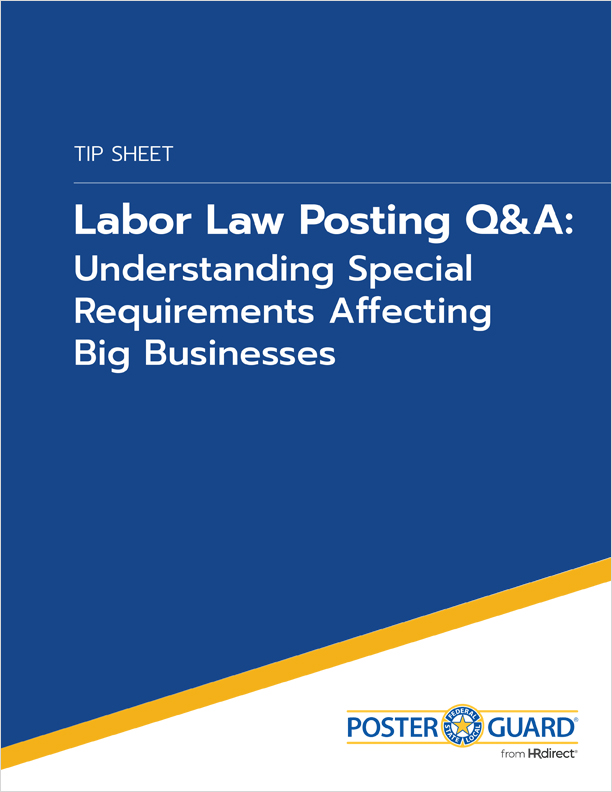Introductory special pricing and/or discounts are limited to one per customer and may not be combined with any other offer. Discount amount applies to merchandise total only and cannot be applied toward service renewals, shipping charges, previous orders or invoice payments. Free and flat-rate shipping offers are valid only for ground shipping to a single location in the 48 contiguous states. Discounted shipping does not apply to shipping addresses in U.S territories, Canada, P.O. Boxes, and APO/FPO addresses. Additional charges apply for 2-day or overnight shipping.

